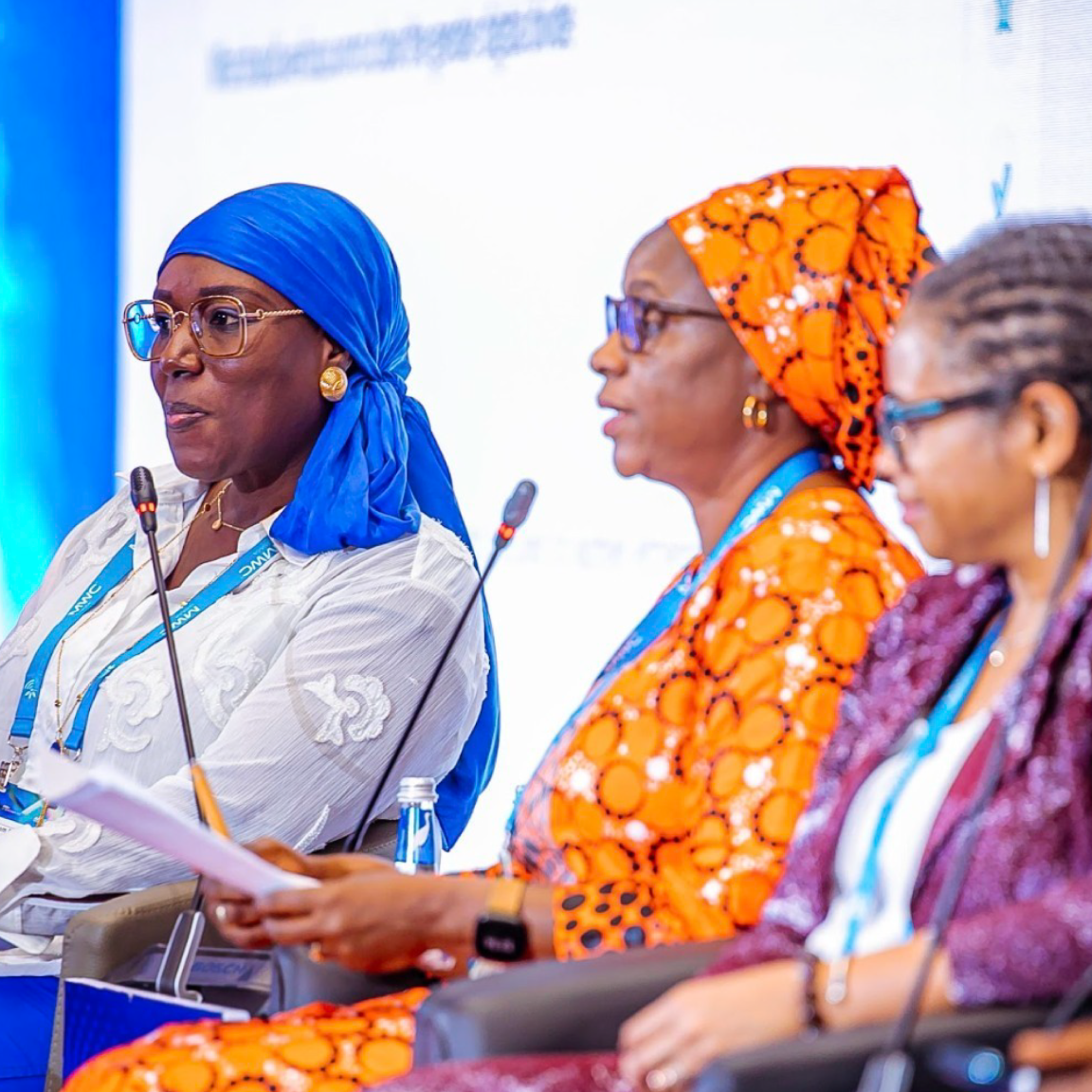As we close out Women’s History Month, CHISU is reflecting on our efforts to help close the gender digital divide, or the inequality between men and women when it comes to access to and use of digital technology. This inequality is particularly pronounced in certain African countries, including those in Sub-Saharan Africa—where UNESCO estimates that only 30 percent of women receive training in science, technology, engineering, and mathematics (STEM) and participate in the tech sector.
That’s where the African Women in Digital Health (AWiDH) movement comes in.
“AWiDH really helps bridge the gender equity gap in digital health,” said Assiatou Kama-Niang, Policy and Research Manager at Speak Up Africa, the lead organization of the AWiDH initiative. “The ultimate goal here is to empower women and encourage equal opportunities for women in digital health, including leadership roles and entrepreneurial ventures. By increasing the representativeness of women in the sector, their needs are more likely to be taken into account in the development of digital health solutions to significantly improve access.”

Kama-Niang noted that access to health care is still a significant problem for African women. Women are more likely to not have access to health care services for several reasons, including how far they live from health care providers, social and cultural barriers, and literacy (including digital literacy).
As one of the flagship initiatives of the Africa CDC, the AWiDH initiative was launched in 2022 at the Conference on Public Health in Africa. It is a coalition of organizations and individuals advocating for gender equality in technology for health.
The strategic objectives of the initiative are to:
- Strengthen capacity: Increasing skill sets by addressing digital capacity-building needs for women to build a strong pipeline of talent
- Create an enabling environment: Supporting the enabling environment for women entrepreneurship in digital health
- Increase investment: Ensuring adequate investment for women entrepreneurs in the tech digital health space
CHISU’s engagement started with participating in the development of the flagship initiative’s work plan. We are now in discussions to support integration of gender in selected member country’s digital health policies and continue to support building the movement. Africa CDC, through the establishment of AWiDH, has signaled that African women’s participation in digital health is critical to digital transformation efforts of the continent.
“CHISU is very privileged to be involved with this far-reaching and gender-transformative initiative,” CHISU Deputy Director Stephanie Watson-Grant said.
Kama-Niang pointed out the abundant synergies among AWiDH partner organizations, including CHISU. As a coalition, AWiDH aims to harness these synergies to share knowledge, best practices, lessons learned, and success stories to ultimately achieve an even more powerful, visible, and evidence-informed AWiDH network.
In the coming year, the initiative plans to create advocacy spaces for women entrepreneurs in order to delve deeper into the role of African women in the digital health ecosystem and how to achieve equality in opportunities and training; support the development and revision of national digital health strategies and policies for select member states of the African Union to ensure that they include a gender lens; and launch a digital health mentorship program to build young African women’s capacity for leadership and communication in the digital health ecosystem.
“AWiDH aims to significantly reshape the digital health narrative in Africa by ensuring that women play key leadership roles,” Kama-Niang said.
Learn more about CHISU’s gender work and check out our social media platforms for our International Women’s Day campaign highlighting how CHISU team members prioritize women’s perspectives in their digital health efforts. You can also learn more about Speak Up Africa’s gender equality umbrella campaign.